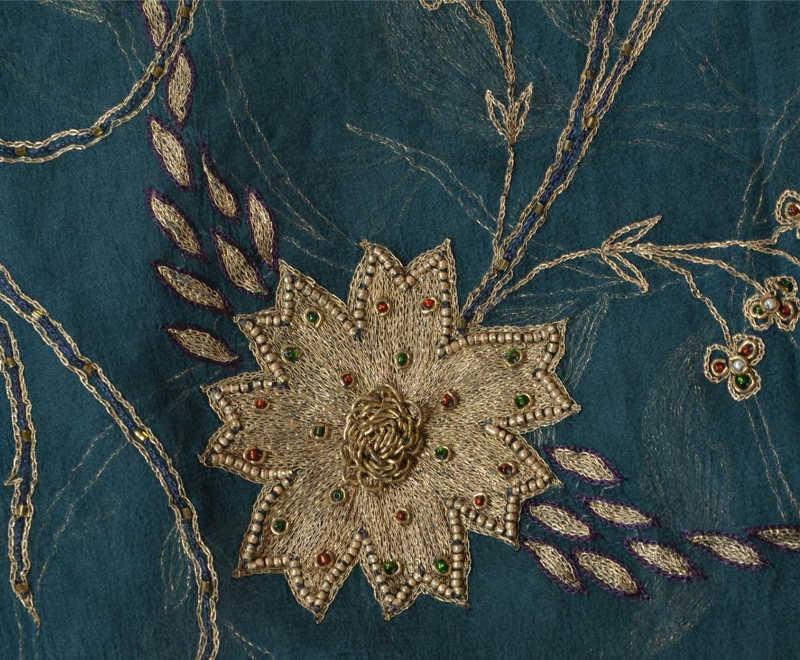===
0617,
1
===

=== |
 |
gulābī : 'Rose-colour; —red (or ruby) wine; —s.f. A bottle, flagon (for holding rose-water, or wine, &c.'. (Platts p.912)
FWP:
SETS == EK
MOTIFS == WINE
NAMES
TERMSSRF uses the rubric of the 'ebullience of youth' to compare Rimbaud's poem to Mir's verse. I can't really see it, myself. Rimbaud's poem is full of wild, exclamatory passion and an explicit if (despairingly) vain call for vengeance, blood, terror-- apparently for universal revolution or destruction. (Read the whole poem and see.) Not only is that kind of cosmic violence (complete with volcanoes!) not apparent in Mir's little opening-verse, but it would hard to think how there could even be room for it.
SRF finds that without the 'ebullience of youth', the verse would be nothing at all'. Surely that sells the verse short. He points to the importance of the word ek , but only to one of its meanings: 'single'. But the 'gulabi' could equally well be 'particular', or 'unique', or 'excellent'. Mir and Ghalib are both so poetically clever that they almost never say anything like ek achchhī chīz or ek burī chīz ; they say only ek chīz , and thus invite (and compel) us to decide for ourselves what kind of quality the thing in question would possess. By taking the multivalence of ek more seriously, we can see in the verse an exploration not so much of youthful passion, but rather of the nature of the obsessive personal 'intoxication' of madness and suffering, including its possible culmination in mystical 'self-lessness'. And this kind of intoxication is just the reverse of 'youthful', for it is explicitly said to last a lifetime-- just as a sharābī doesn't at all have to be young.